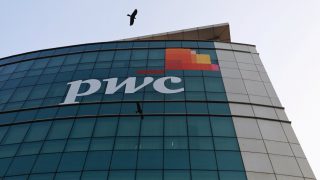A report by PricewaterhouseCoopers (PwC) shows that Nigeria remains the largest economy in Africa for the second time in a row. This was stated in the latest edition of its Nigeria’s economic outlook dubbed “Top 10 themes for 2019.”
Nigeria led the Western region of the continent with Ethiopia championing the East African region. Egypt led in North Africa while South Africa led in the Southern African countries. The report also shows that other than agriculture which is a major contributing factor of many African economies, aviation and oil contribute heavily to the growth of African economies.
According to the Nigerian Bureau of Statistics, Nigeria’s Gross Domestic Product grew by 2.38 percent in real terms (year on year) in the last quarter of 2018. This growth represents an increase of 0.27 percent when compared to the fourth quarter of 2017 which recorded a growth rate of 2.11 percent. It also indicates a rise of 0.55 percent when compared with the growth rate recorded in the third quarter of 2018.
The fourth quarter growth performance implies that real GDP grew at an annual growth rate of 1.93 percent in 2018, compared to 0.82 percent recorded in 2017, an increase of 1.09 percent.
Analysts have said the outcome only signals the need for increased investments in the country in order to achieve better and sustainable growth.
However, its rather ironic that despite being the largest economy in Africa, Nigeria still has the highest rate of people living in extreme poverty in the world. In 2018, a report by The World Poverty Clock showed that Nigeria overtook India as the country with the most extreme poor people in the world. The growth in Nigeria’s GDP shows that while there might have been an increase in productivity, this does not translate to an improved standard of living.








